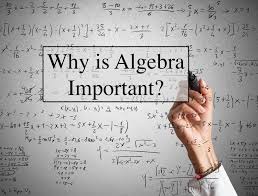Mathematics lessons in Ghanaian classrooms generally appear not to take account of the different uses of mathematics in different local contexts in the planning of these lessons to make them more interesting nor do they take account of learners’ language and literacy needs, accessibility and inclusivity issues and the need to respect culture and diversity (i.e. not making assumptions when putting mathematics into real-life context). The teaching of algebra falls into this category because students are made to find derivatives and integrals of functions without linking these activities to other areas of mathematics or guiding all students, irrespective of their background, to explore the uses of these two concepts in real life situations. Also, students are made to explore patterns and shapes without any opportunity for them to use these to solve problems either in different areas of mathematics or in their day to day lives. This mathematics curriculum is, therefore, intended to equip student teachers with the knowledge, skills and values needed to apply it in their studies and teach mathematics to basic school pupils in everyday life context when the need arises.

